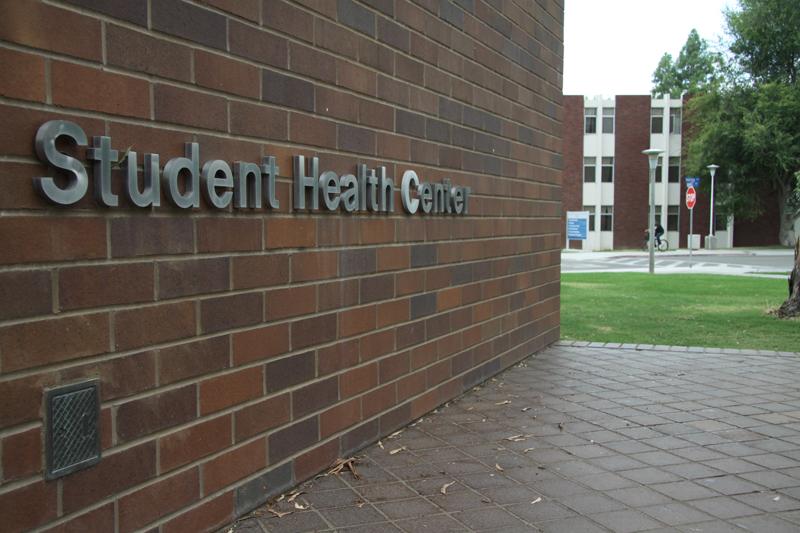As the U.S. federal government takes steps to inhibit the further spread of Ebola, two California state universities, including Fresno State, are dealing with cases of airborne disease on their campuses.
Fresno State was informed by the Fresno County Department of Public Health Oct. 9 that a student had been diagnosed with active tuberculosis. The bacteria can spread quickly through the air, which is why the campus issued a notice to everyone who has been in contact with the infected student.
The county health department, which is in charge in handling the TB case on campus, will be issuing free skin tests to 138 students and faculty who were in contact with the student starting this week.
“We are following established protocols and are testing the small number of students and instructors who had close contact with the person with TB. The niversity will continue to monitor and assess the situation,” said Maria Madrigal Shaffer, director of the Fresno State Student Health and Counseling Center.
The Mantoux tuberculin skin test tells doctors if the TB bacteria has infected the patient. But infection does not necessarily mean the disease is spreading. Once the test is done, patients must come back in 2 to 3 days to see results, according to the Centers for Disease Control and Prevention.
“It is not uncommon for a student to test positive on the skin test for TB,” said Jacquelyn Yerian, president of the California Nursing Students Association’s Fresno State chapter. “This does not mean they have TB disease or latent TB. It simply means that the cells in the body recognize the TB cells and respond against them.”
Yerian added all hospitals in the Fresno area are equipped and prepared to isolate a patient with the disease and are effective in treating the disease.
“The treatment regimens for TB are highly effective, especially when the disease is caught early on. Individuals with compromised immune systems, such as immune disorders or HIV, are particularly at risk for developing TB disease,” said Yerian. “Many individuals with healthy immune systems come in contact with TB and never contract the disease,” she added.
David Luchini, assistant director of the Fresno County Department of Public Health, said symptoms of tuberculosis are severe and easily identifiable.
“If you have symptoms of TB, fever, unexplained weight loss, or coughing up blood, those are serious symptoms,” said Luchini.
With tuberculosis, or other diagnoses such as the common flu, if you are not feeling well and are under the impression that you are sick, it’s best to stay home, Luchini said.
“If you got a fever, do not go to class, do not go to work,” said Luchini. “Stay home if you’re sick even if you had a vaccine,” said Luchini.
Last week, an 18-year-old student at San Diego State University died due to meningitis, a virus which causes inflammation of spinal cord membranes. More than 300 students were notified that they were in direct contact with the patient.
Although not as contagious as infections such as tuberculosis, getting treatment right away at the notice of symptoms is important. If not treated, meningitis can be lethal.
While tuberculosis has raised concern on campus, Ebola continues to be the concern for many Americans. California Senator Barbara Boxer wrote to the CDC director Wednesday to review how prepared California hospitals are to treat Ebola.
“While there has been important work done to get hospitals prepared, it is clear that there is more we can and must do to ensure that every facility and every healthcare worker is fully trained and ready to meet this threat,” Boxer said.
With many in the U.S. concerned about Ebola, Luchini said correct information is a great preemptive measure.
“Stay informed, be aware,” he said.




